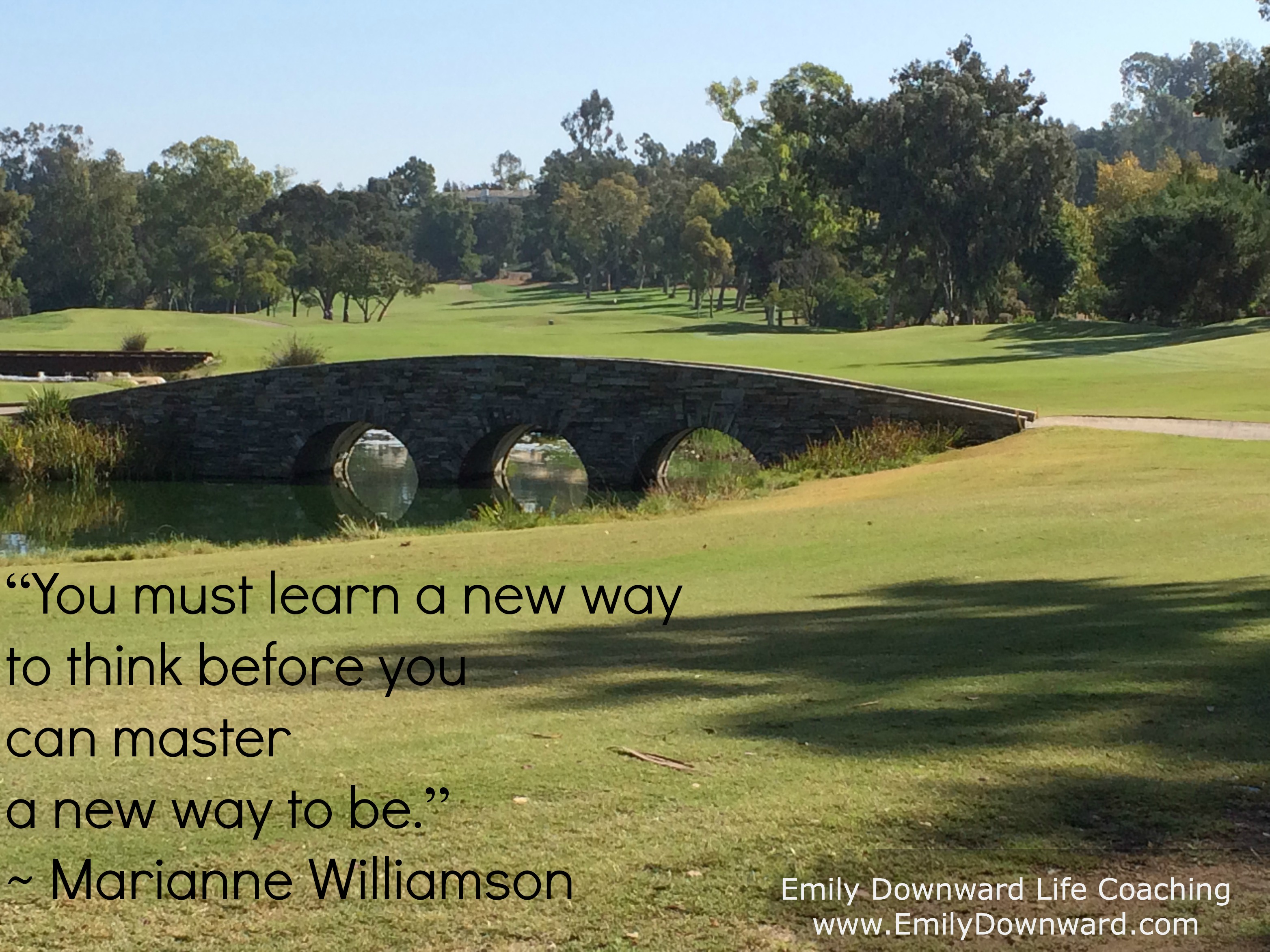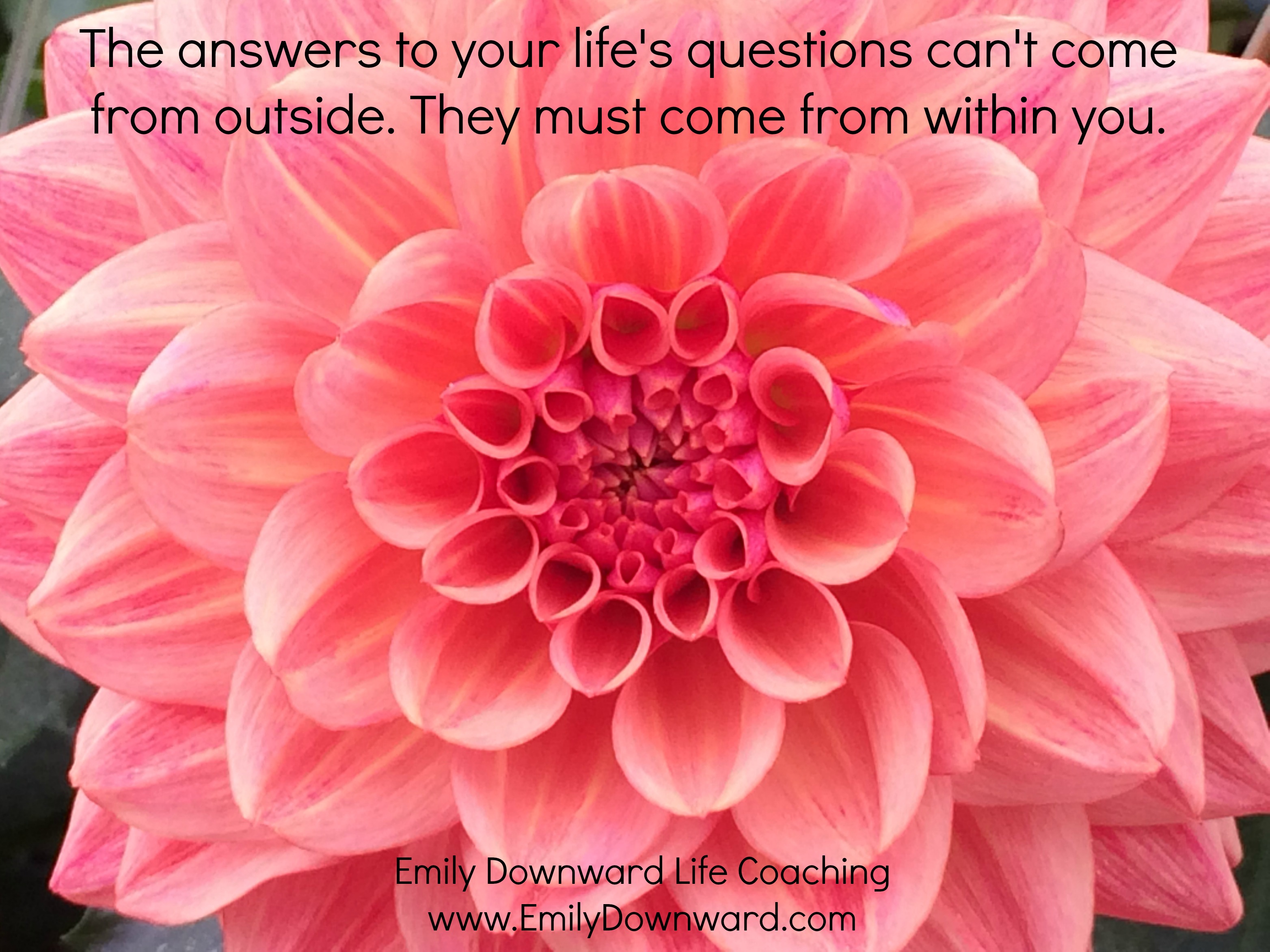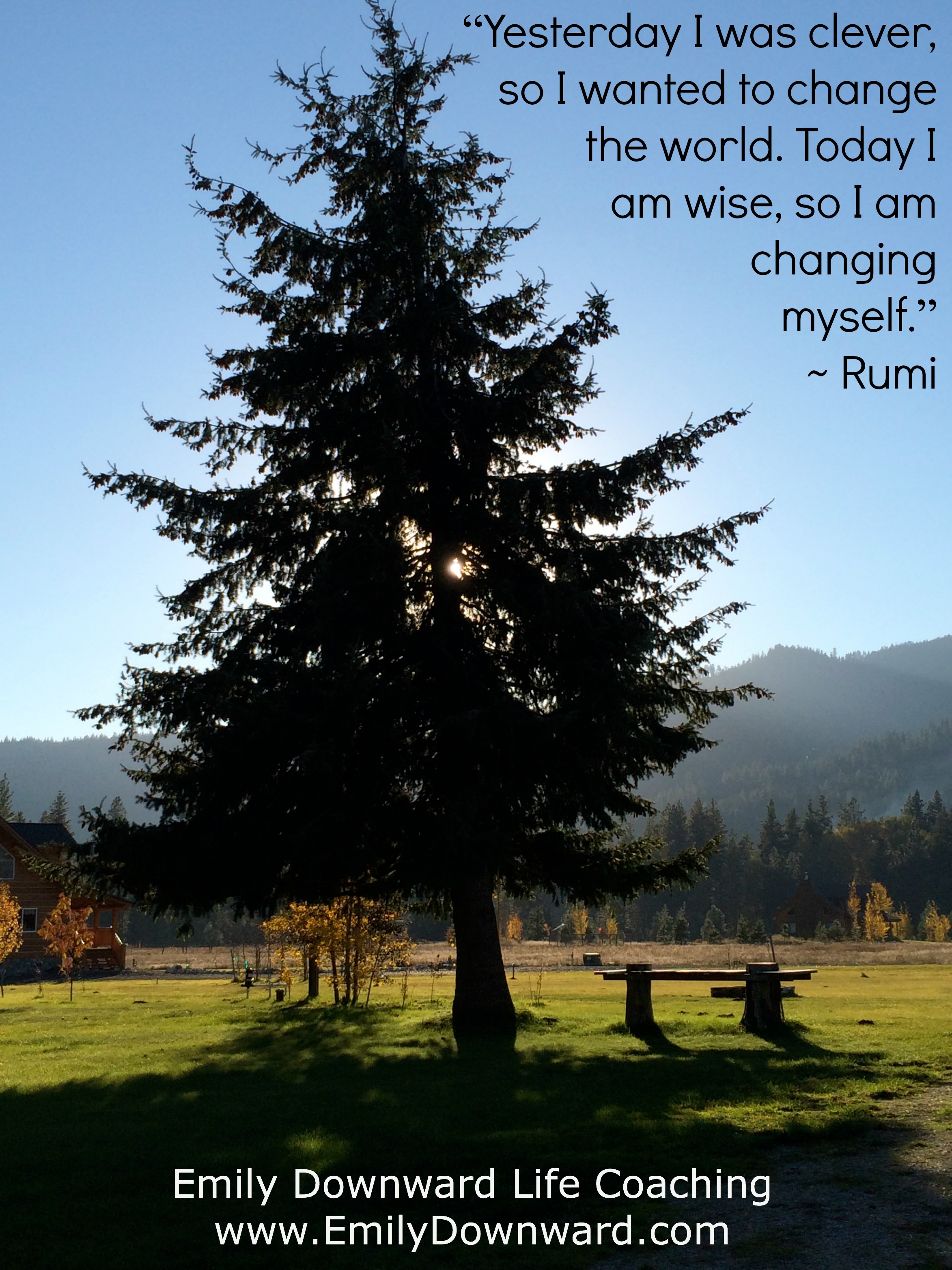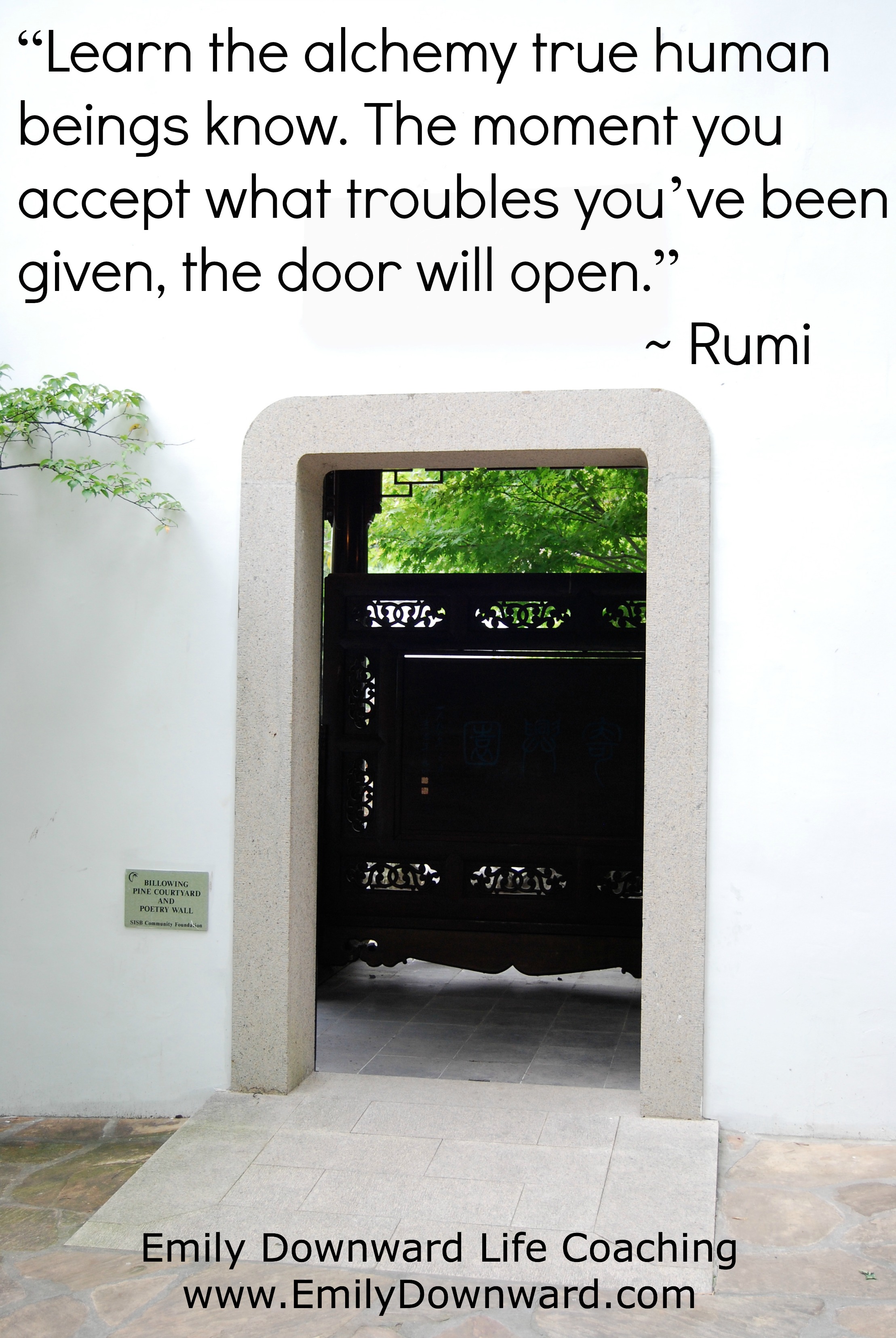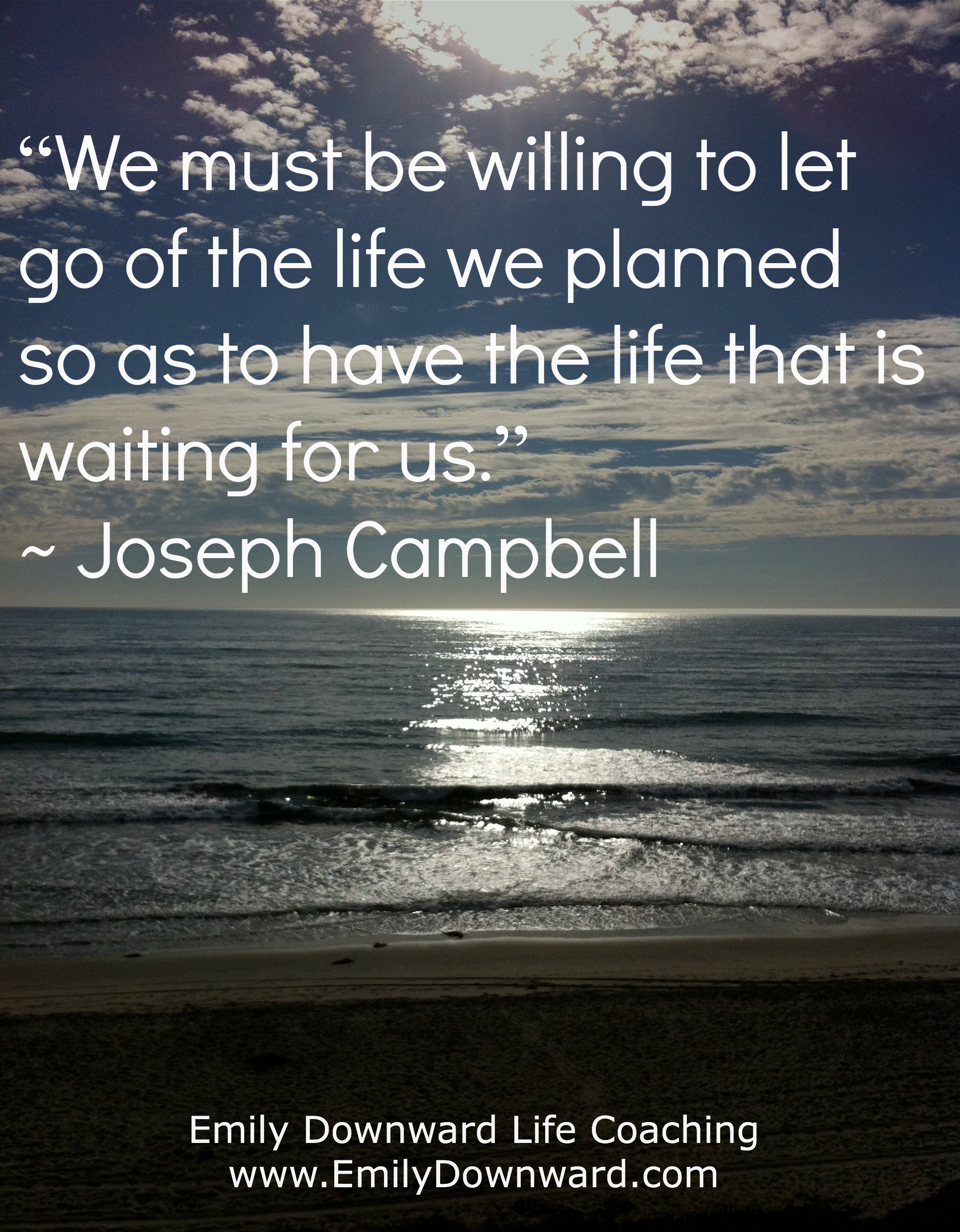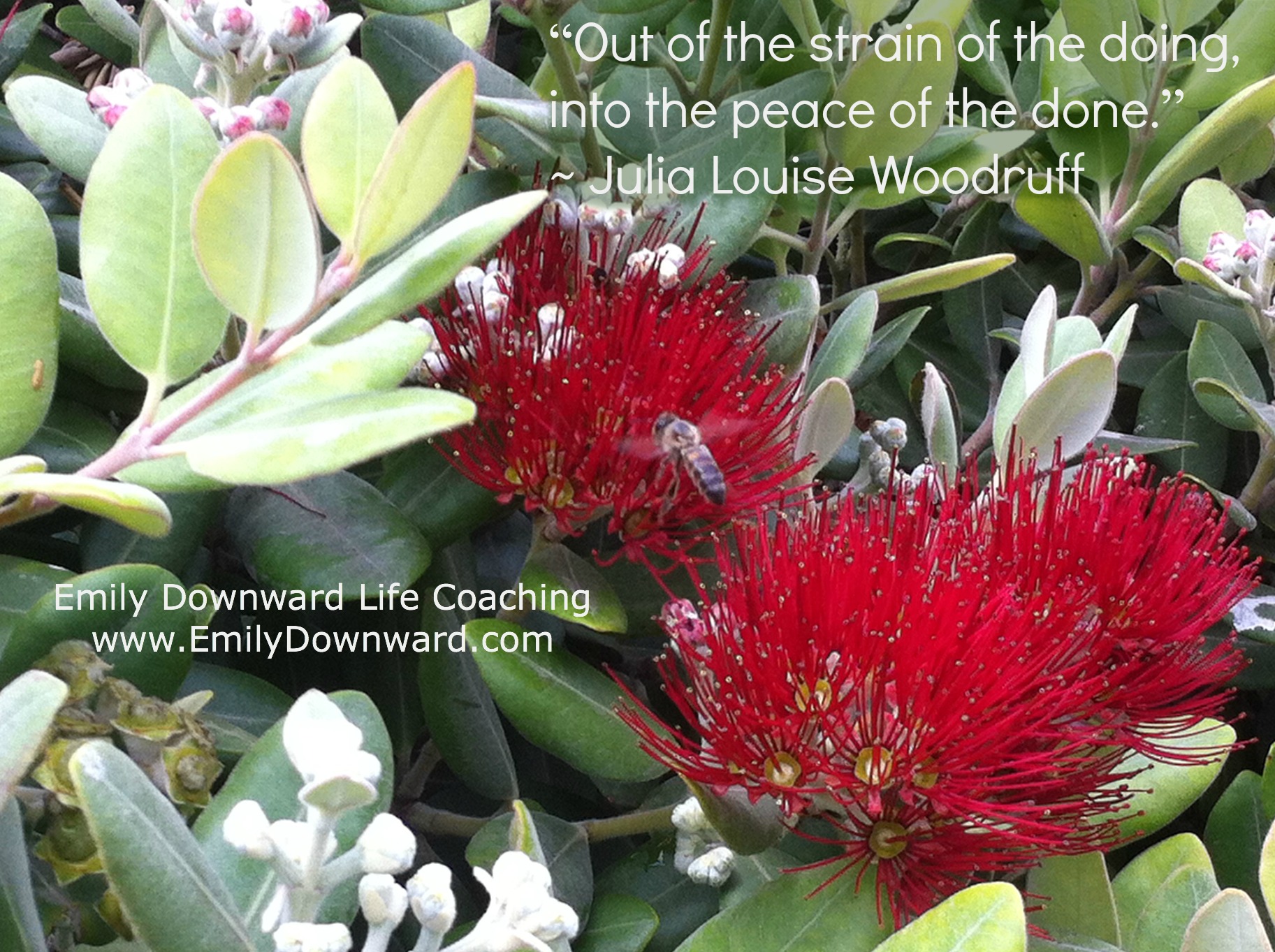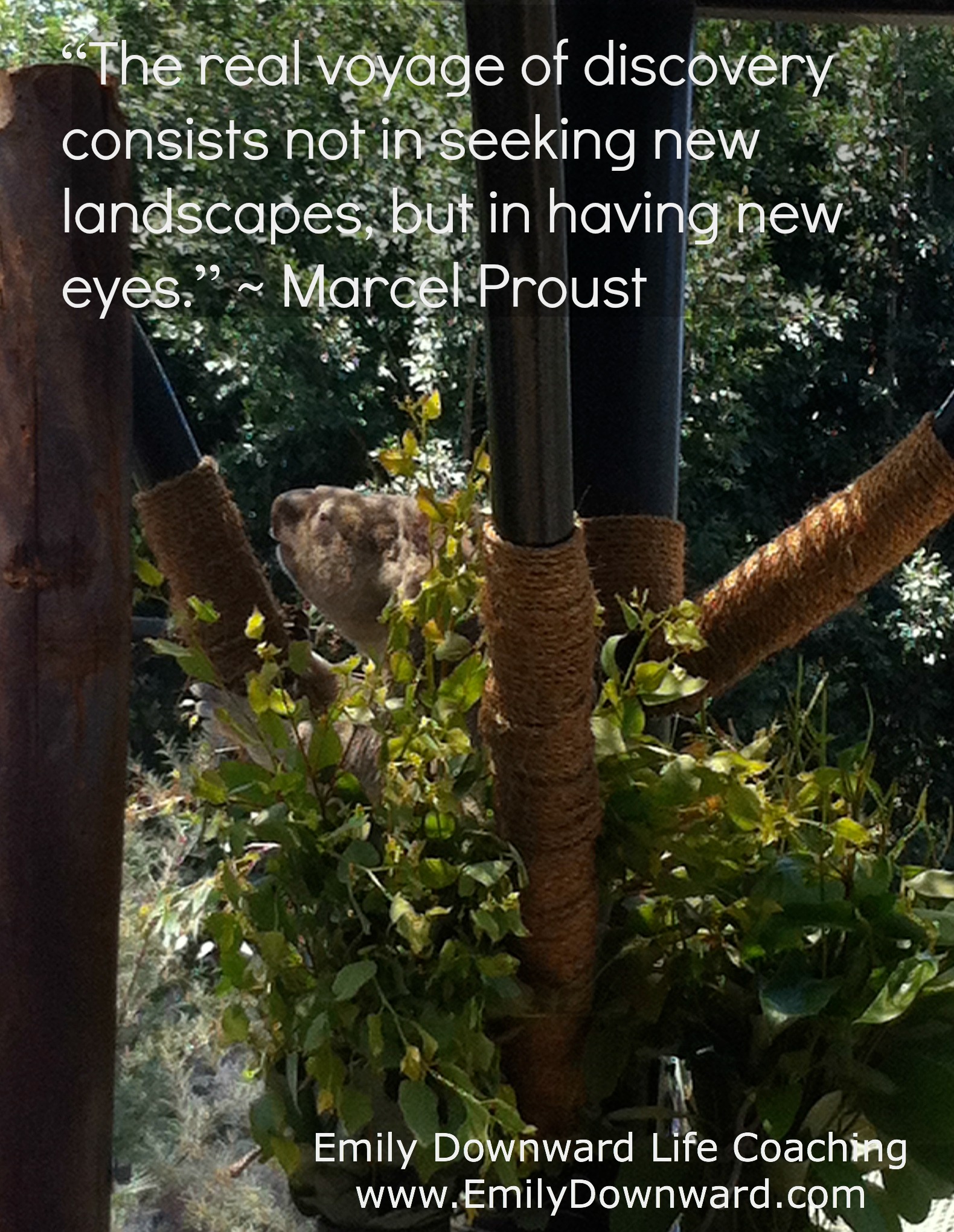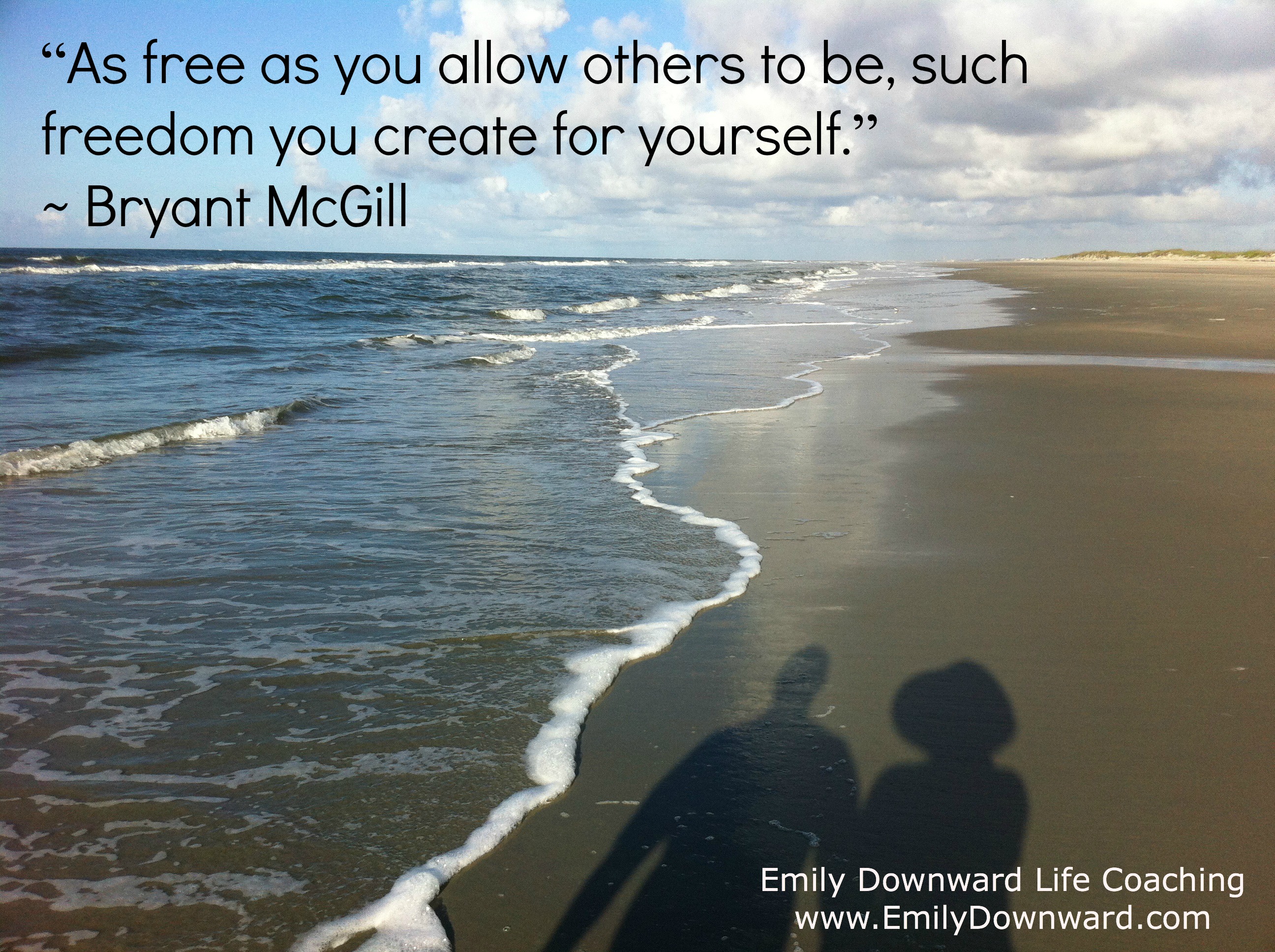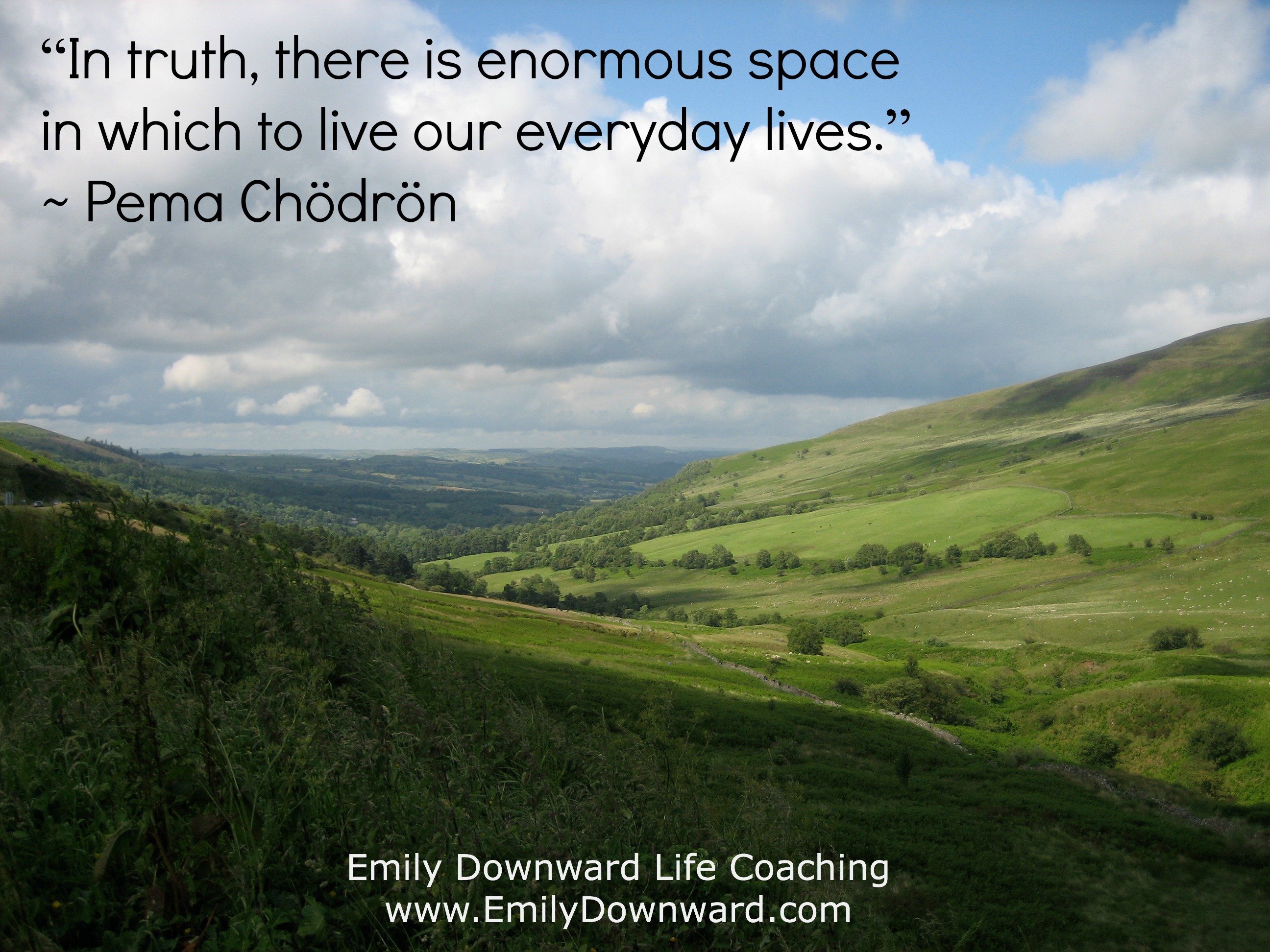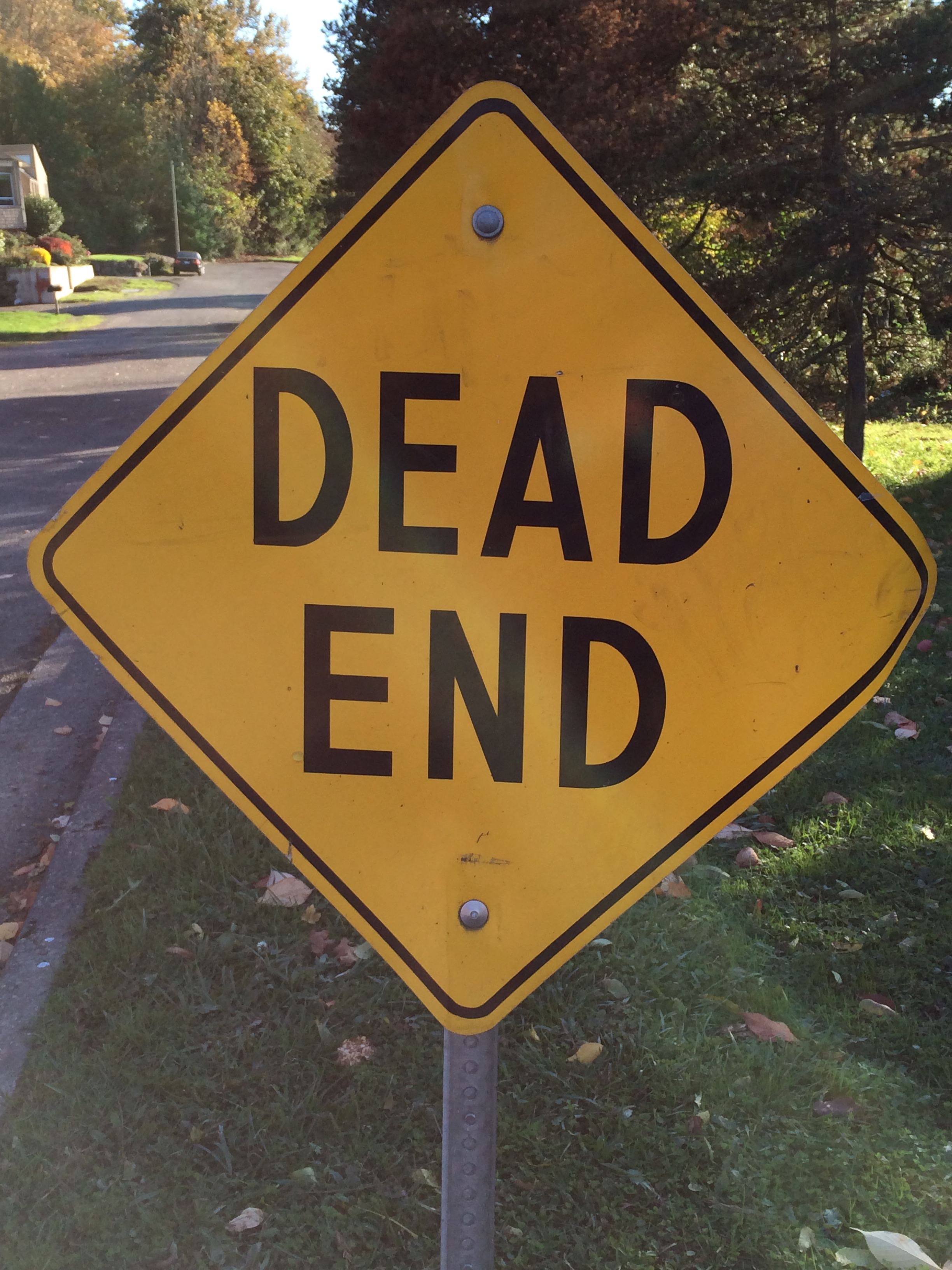 When I started my career, I had the belief (instilled by my parents and what worked in their generation) that you stay with a company for the long-haul. Of course, that has changed dramatically, and hiring managers don’t negatively view a resume with multiple companies. (However, it’s still a bit suspicious if someone only stays at a place for a year or less.)
When I started my career, I had the belief (instilled by my parents and what worked in their generation) that you stay with a company for the long-haul. Of course, that has changed dramatically, and hiring managers don’t negatively view a resume with multiple companies. (However, it’s still a bit suspicious if someone only stays at a place for a year or less.)
Our human propensity for homeostasis and fear of the unknown can keep us stuck, perhaps staying too long in a no-win situation. Here are 7 symptoms that indicate you may need to shift something at work:
- You dread going into work. Sunday night panic attacks, Monday morning queasiness, and your shoulders tied in knots are regular occurrences. This is more than the mild letdown after a great weekend or vacation. I’m talking about that sick-to-your-stomach feeling, thoughts of “I don’t know how much longer I can do this” and debating whether to call in sick for your mental health.
- You look around and realize you don’t respect or want to emulate any of your superiors. ‘Nuff said.
- You are asked to do things against your own moral or ethical values. When you go against your own values, you disrespect yourself and your self-esteem suffers.
- You’re not given the resources (time, staff, equipment, other) to do your job well. Despite multiple attempts on your part to make things better (including asking for help and more resources), your efforts are thwarted and/or you get no support.
- You aren’t learning anything new or given new challenges to develop your skill set. We want to evolve in life, and part of living is learning. If you’ve stopped learning and being challenged, it’s time to look elsewhere for growth.
- Your boss is sadistic. Life is too short, and you deserve to be treated fairly. Abusive relationships, whether in your personal life or professional life, are unacceptable. Save yourself by getting out.
- You’re consistently overlooked and underappreciated. If you are achieving your goals and meeting your responsibilities and don’t get recognition for your accomplishments consistently – and by consistently, I don’t mean just once – you may want to look for a more supportive environment. Recognition can come in many forms, including salary, bonuses, verbal praise, company publicity, promotions, etc.
If you are experiencing one or more of the above, (or if you’re Googling “how to know when to quit your job”) you may be a prime candidate for a job change. However, I encourage you to end your job on a clean note: don’t burn any bridges. I’ll write more next week about ending cleanly. Until then, you may want to check out my free Remedy for Mondayitis to create an empowered mindset to take into your work week.
